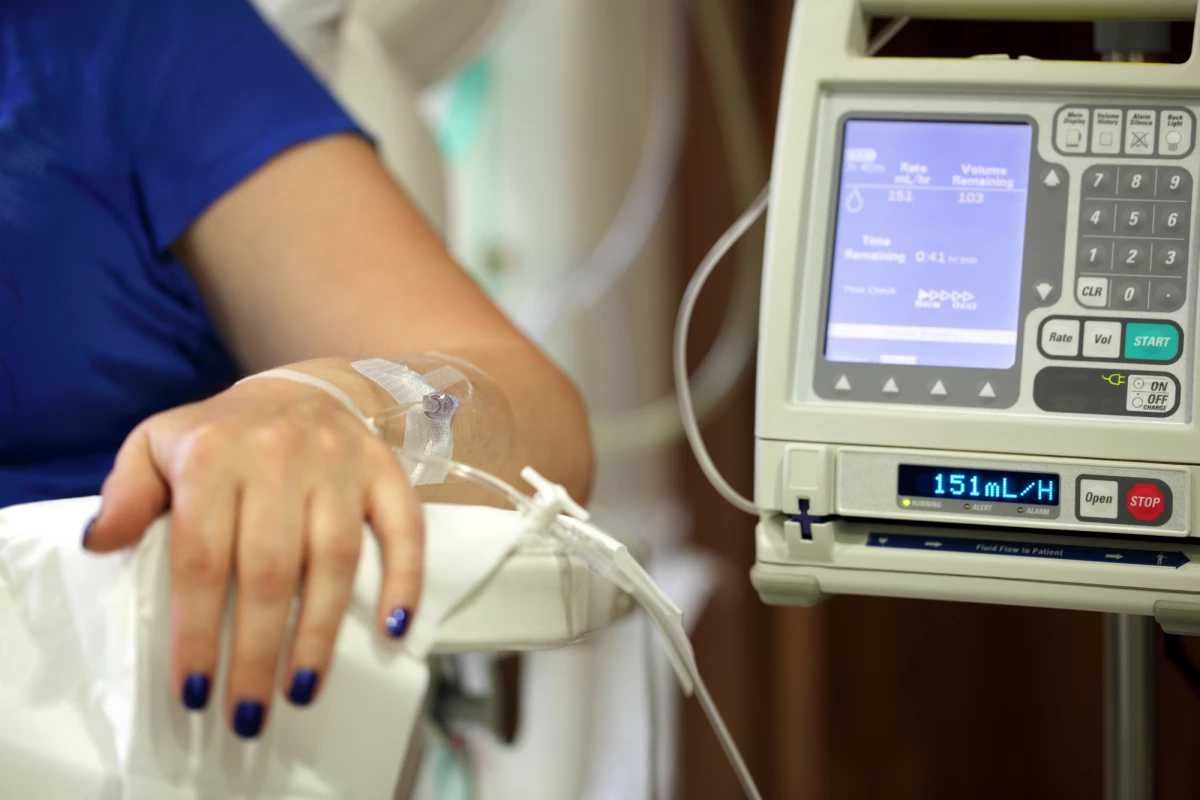A combination of immunotherapy and chemotherapy has shown promise for treating stage IV melanoma in a new clinical trial. The chemo drug targets a type of cell that suppresses the immune response, and together the two showed an increased response rate.
Immunotherapy is an emerging treatment where a patient’s immune system is boosted to help it fight off cancer. While it’s particularly effective against some types of cancer, such as leukemia, there are cases where tumors can suppress the immune reaction.
In previous studies, scientists discovered a population of cells that seem to be responsible for this unwanted resistance, which they named myeloid-derived suppressor cells (MDSCs). In the years since, a chemotherapy drug called all-trans retinoic acid (ATRA) was developed to target MDSCs with the goal of preventing them from interfering with the immune response.
In the new study, scientists at the University of Colorado Cancer Center conducted a phase Ib/II clinical trial to test ATRA in combination with an immunotherapy drug called pembrolizumab (also known by the brand name Keytruda). The trial involved 24 patients with stage IV melanoma, with some receiving both drugs and some receiving just pembrolizumab alone.
Of those that received both drugs, 71% responded well to the treatment, with 50% experiencing a complete response and 80% surviving by the one-year mark after treatment. For comparison, the immunotherapy alone had a response rate of around 40%. When the scientists checked closer, they found that levels of circulating MDSCs were effectively lowered.
The trial also tested for toxicity, finding mostly mild side effects in the ATRA group, including headache, fatigue and nausea during the initial administration of the drug.
Following these positive results, phase II clinical trials are already underway in cancer patients for whom other types of immunotherapy have already failed.
“We showed it was safe and effective, so it makes sense to move it in that direction,” said Martin McCarter, lead scientist on the clinical trial. “That’s really the patient group that needs the most help right now. If the tumor doesn't respond to immunotherapy, the chances of responding to anything after that are very small. We’re trying to find ways to manipulate the tumor microenvironment to allow a better immune response.”
The research was published in the journal Clinical Cancer Research.
Source: University of Colorado




